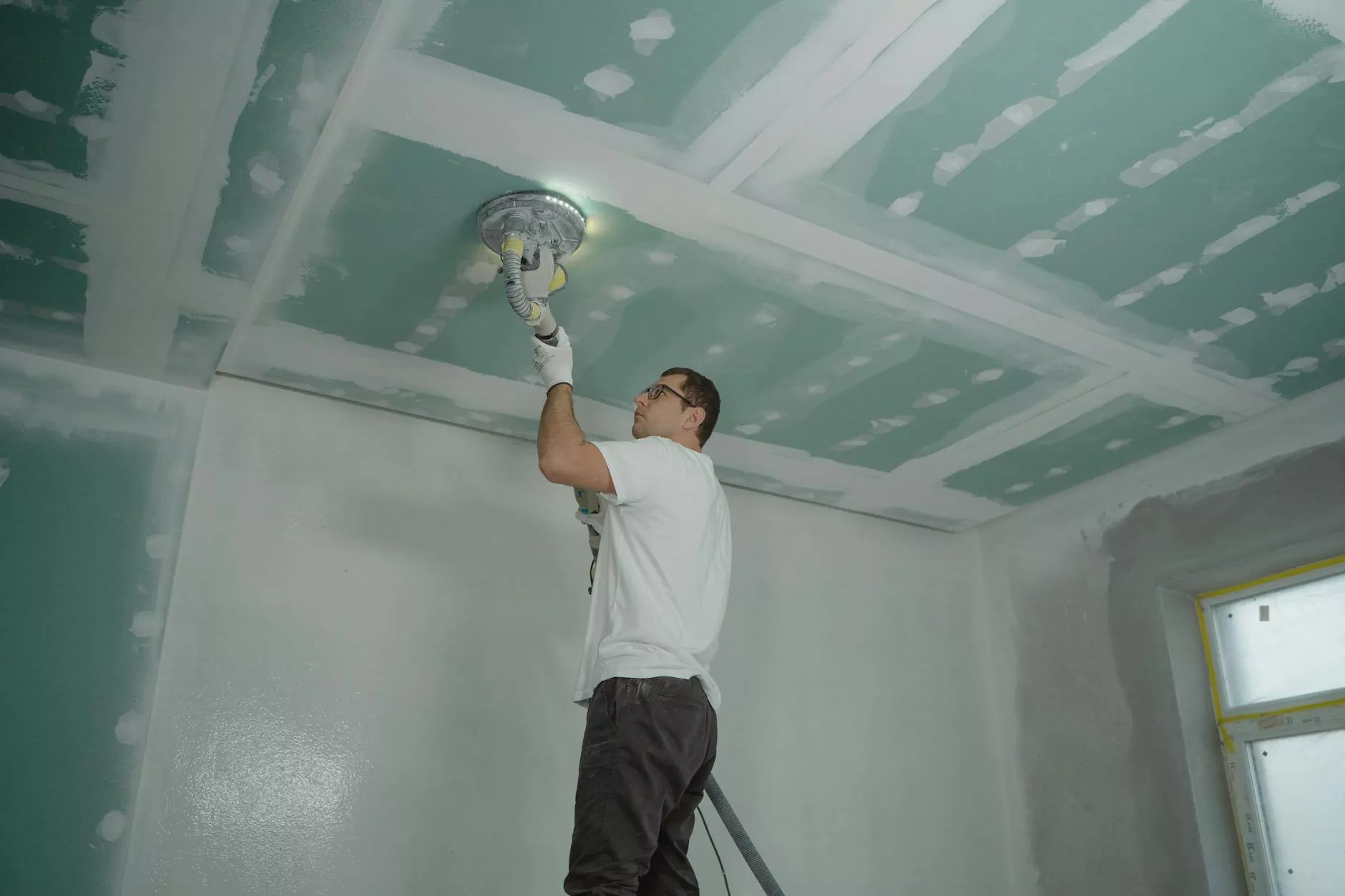Understanding the Importance of Pool Plastering Contractors

Swimming pools are more than just a source of fun and relaxation; they are also substantial investments that require careful maintenance and restoration to retain their value and beauty. One essential aspect of maintaining a swimming pool is the plastering process, which is why hiring experienced pool plastering contractors is crucial for every pool owner.
The Role of Pool Plastering in Pool Maintenance
Pool plastering is the process of applying a plaster material to the interior surfaces of a swimming pool. This serves several important purposes:
- Aesthetic Appeal: A freshly plastered pool enhances the overall look, creating a luxurious and inviting atmosphere.
- Water Retention: Proper plastering ensures that the pool holds water effectively, preventing leaks.
- Surface Protection: The plaster protects the pool structure from damage caused by chemicals and weather conditions.
- Safety: A well-plastered pool offers a smoother surface, reducing the risk of cuts and scrapes for swimmers.
Choosing the Right Pool Plastering Contractor
When it comes to pool plastering, choosing the right contractor is vital. Here are key factors to consider:
1. Experience and Expertise
The number of years a contractor has been in business speaks volumes about their reliability and skills. Experienced pool plastering contractors understand the nuances of different pool types and plaster materials.
2. Reviews and Testimonials
Check online reviews and request testimonials from past clients. A contractor with a stellar reputation is more likely to deliver quality work.
3. Portfolio of Previous Work
A reputable contractor should have a portfolio showcasing their previous plastering projects. This provides insight into their craftsmanship and style.
4. License and Insurance
Ensure the contractor is licensed and insured. This protects you from potential liabilities and ensures that the work meets industry standards.
Types of Pool Plastering Materials
Different plaster materials offer various benefits. Here are some commonly used options:
- Standard White Plaster: This is the most common type of pool plaster. It is economical and provides a clean, classic look.
- Colored Plaster: Adds a unique touch to your pool, allowing you to match the plaster with the landscape or your personal style.
- Quartz Aggregate: This type is more durable and provides a textured surface that can withstand the test of time.
- Pebble Aggregate: Known for its natural appearance and slip-resistant surface, pebble aggregate is becoming increasingly popular among homeowners.
Benefits of Hiring Professional Pool Plastering Contractors
While some homeowners may consider DIY plastering, hiring pool plastering contractors offers many advantages:
1. Quality Workmanship
Professionals deliver high-quality plastering that is not only visually appealing but also durable and long-lasting. They have the skills to apply the plaster uniformly and efficiently.
2. Time Efficiency
Contractors can complete the job in a fraction of the time it would take an inexperienced person, allowing you to enjoy your pool sooner.
3. Access to Better Materials
Professional contractors have access to high-quality materials that may not be available to the average consumer, ensuring that your pool is finished to the highest standards.
4. Guarantees and Warranties
Reputable contractors often offer warranties on their work, providing you with peace of mind that if issues arise, they will be addressed.
Steps in the Pool Plastering Process
Understanding what to expect during the plastering process can help set the right expectations:
1. Pool Preparation
Before plastering, the pool must be thoroughly cleaned and prepared. This includes draining the pool, removing old plaster, and repairing any cracks or damage in the pool structure.
2. Mixing the Plaster
The plaster must be mixed to the right consistency. Professional contractors follow specific ratios and guidelines to ensure optimal results.
3. Application
Using specialized tools, contractors apply the plaster to the pool’s surface. This step requires precision and skill to ensure an even finish.
4. Curing
After applying the plaster, it must cure correctly. This process may take several days, during which the pool should remain empty to avoid any damage.
5. Water Filling and Balancing
Once cured, the pool can be filled with water. Proper chemical balancing is essential at this stage to ensure the longevity of the new plaster.
Maintenance Tips for Your Plastered Pool
After undergoing such a significant renovation, maintaining your plastered pool is crucial for its longevity:
- Regular Cleaning: Use a pool vacuum to remove debris and prevent stains from accumulating on the surface.
- Monitor Chemicals: Maintain proper pH and chlorine levels to protect the plaster finish and extend its lifespan.
- Avoid Abrasive Cleaners: Chemical misuse can damage the plaster surface, so stick to gentle cleaning agents.
- Inspect Regularly: Check for signs of degradation or damage and address issues promptly to avoid costly repairs.
Conclusion
Investing in a swimming pool is a significant commitment, and ensuring its upkeep requires professional expertise. Pool plastering contractors play an essential role in maintaining your pool's integrity and appearance. By choosing skilled professionals, you can enhance your swimming experience and protect your investment for years to come.
Whether you're considering a new pool plastering or renovating an existing one, do not hesitate to reach out to our expert team at poolrenovation.com, where quality meets experience. Your dream pool is just a call away!









